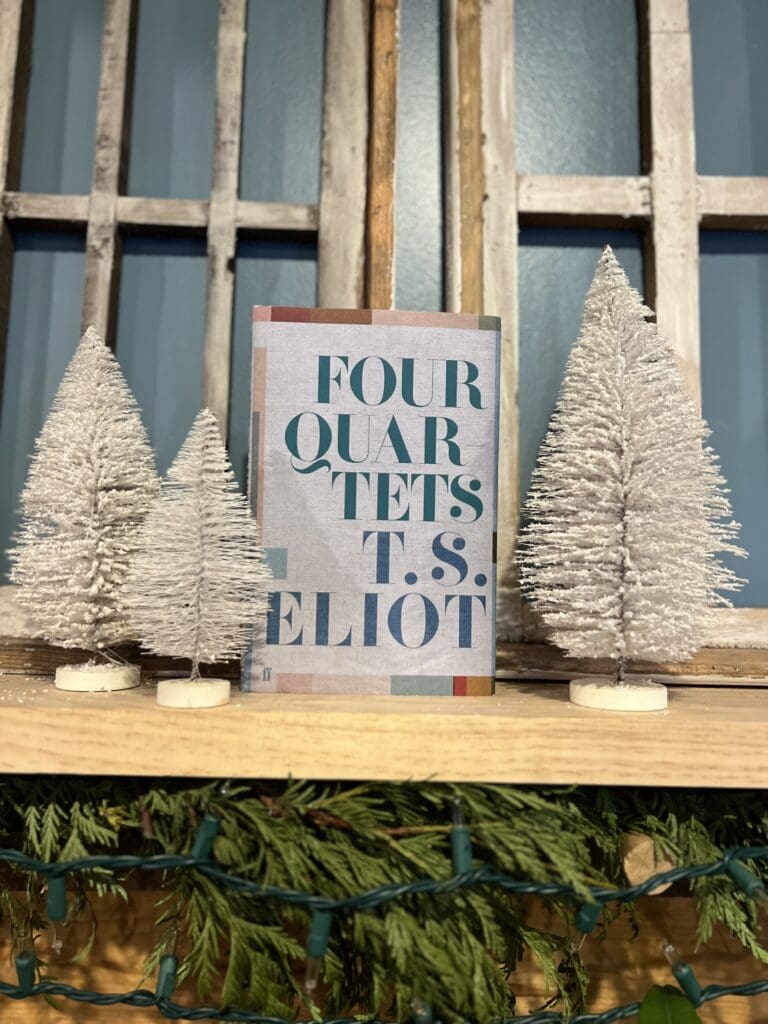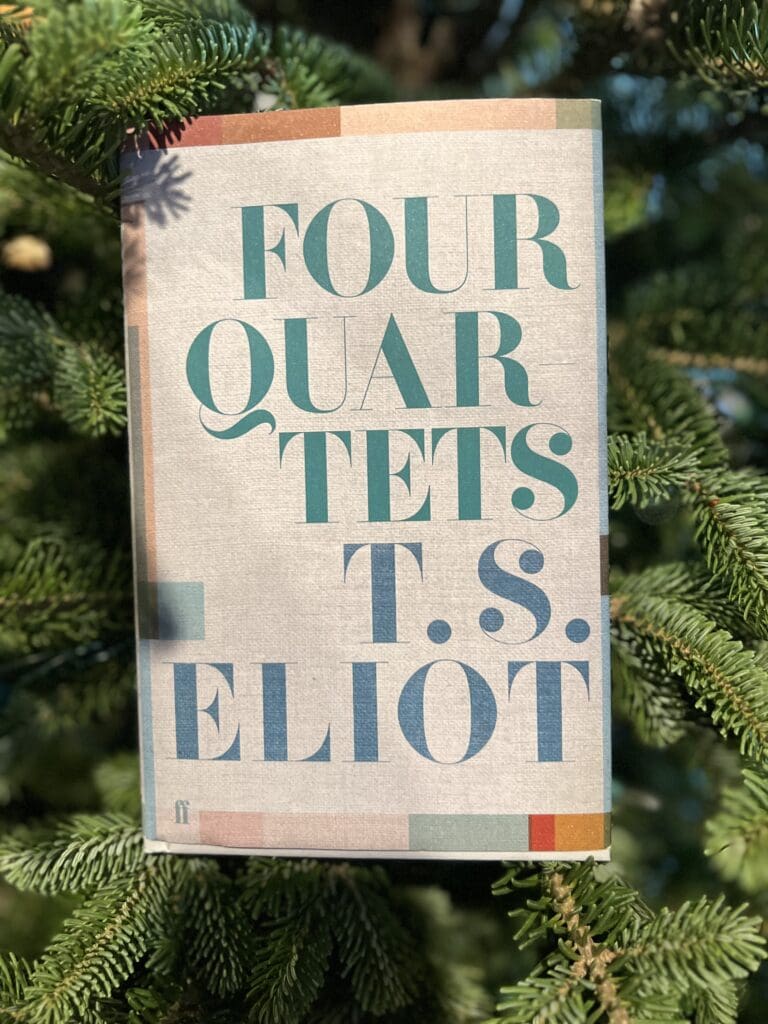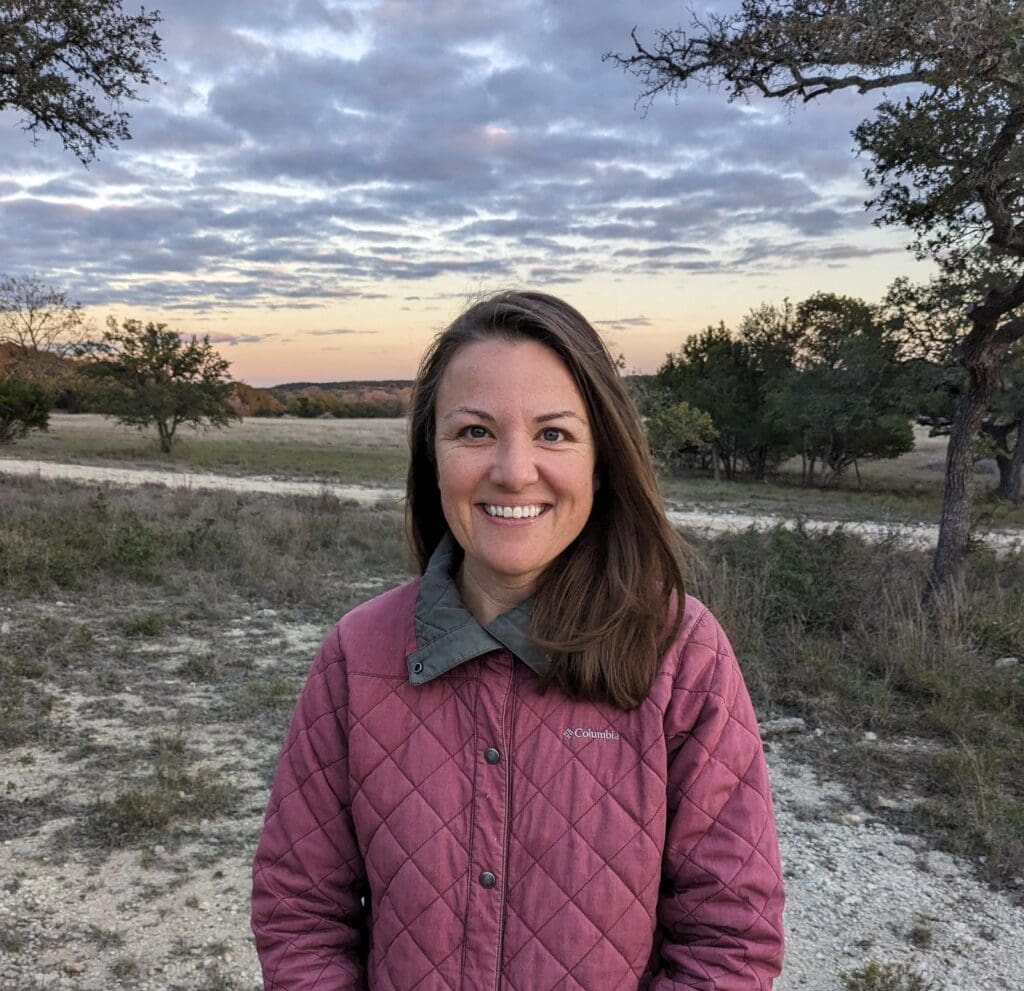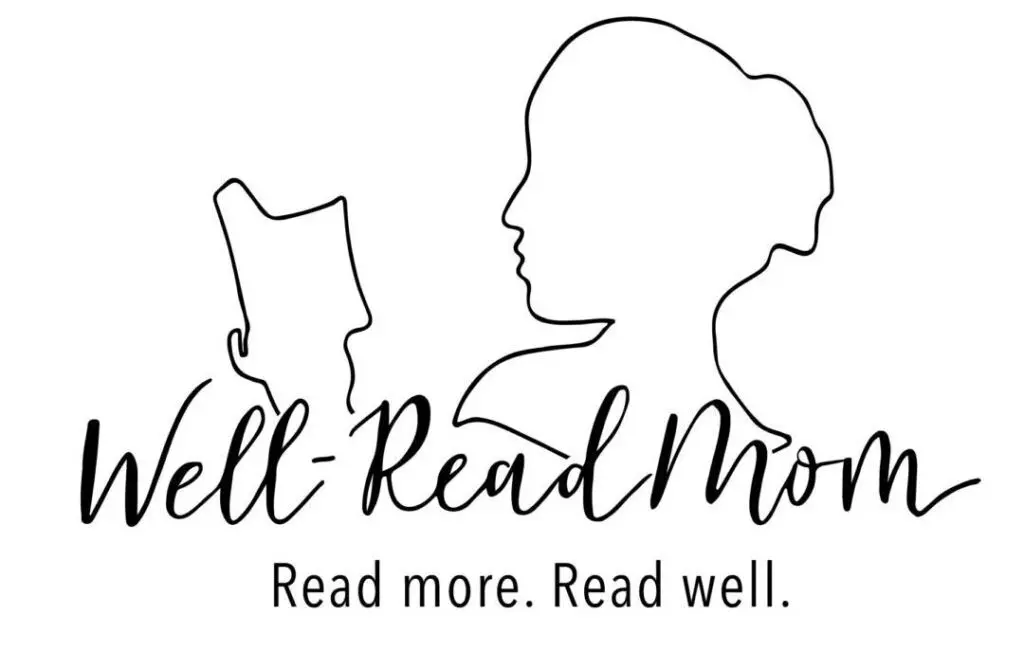Humility & Wonder—The Doorway to Experiencing Poetry
Written by Nicki Johnston
When it comes to poetry, I’m only in the sixth grade. Nearly all of my experience with poetry has been from homeschooling my children, the oldest of whom is a sixth grader. Nursery rhymes paved the way for A.A. Milne. Christina Rosetti and Walter de la Mare were followed by William Blake and Henry Wadsworth Longfellow.
This year, though, we are “studying” poetry for the first time, introducing forms through a fun book (my science-and-math-loving son’s favorite) called A Kick in the Head. Before beginning this book, I read aloud the poem “Introduction to Poetry” by Billy Collins.

My boys delighted in this poem. Its silliness made them giggle. Tie a poem to a chair with rope?! Torture a confession out of it?! In their young lives, they know nothing other than to love art. My goal for their education is not knowledge as much as relationships. And so, as with nearly every subject we learn in our homeschool, we approach poetry with humility and wonder.
This isn’t just an approach for students, though. This is the correct posture for all learners, including us Well-Read Moms. When we encounter a challenging book or poem, we practice bearing the tension of not understanding. This was never so true for me as when I picked up T.S. Eliot’s Four Quartets. Remember, I’m only a poetry sixth grader, so T.S. Eliot was way beyond me.
We may not want to “have the experience but miss the meaning” of our lived experience, but I think it’s okay when it comes to reading a poem. In fact, I think it may even be preferable. I may not be able to figure out what Eliot’s extraordinary poem “really means”, but perhaps—at least for me and my neophyte understanding of poetry—experiencing it is enough.
Poetry reflects mystery. Yet, we can only receive mystery according to our capacity. Thankfully, we can increase our capacity, and Well-Read Mom helps us do just that. By reading hard books, and—just as importantly—through the practice of leisure in which we come together to discuss and learn from one another, we increase what we can receive. Furthermore, when we expand our capacity for poetry, we also increase our capacity to behold other mysteries: beautiful music, nature, the personhood of our children, and the Eucharist, for example.
I’m sure there are many Well-Read Moms—several of whom are in my local group—who have a much greater capacity for poetry than I do. Perhaps they studied Four Quartets in college or got excited diving deep into analysis of it. This is the beauty of reading in community, and I will benefit from it. I also benefitted from the tremendous resources Well-Read Mom provided in our Reading Companion, which—to use Collins’s metaphor—provided me with the water skis I needed so that I wouldn’t just drown.
Another tool I found helpful as I read and reread these poems is a framework I use with my children in some of our studies. John Muir Laws, leader of the worldwide nature journaling movement, introduced us to a set of prompts to use when doing nature study: “I notice… It reminds me of… I wonder…”
I took this approach as I read and reread these poems. First, I let it all wash over me, listening to the recording of T.S. Eliot reading aloud as I followed along with my eyes in my book. Then I revisited just one of the four poems, reading it aloud to myself and stopping to place book darts when I noticed something, making notes of what I was reminded of, and jotting in my Reading Companion what I wondered about the poem.
Then I read from the Reading Companion what I was to look for—what specifically I ought to notice—and then reread the poem with this guidance in mind. Finally, I listened with my eyes closed—this time to Jeremy Irons’s recording—to delight in what I heard.
I set aside four separate days over three different months to do this—the first on retreat in a Benedictine hermitage, the second at a park on a beautiful fall day, the third at home alone on my birthday, and the last while sitting in a cozy chair at my neighborhood library.
Do I now understand Four Quartets? Could I teach it? Write an article about it? No. But I do have a relationship with it. And doesn’t that matter even more?


Nicki Johnston
Nicki Johnston is a home educator, a CGS catechist, an avid reader and an amateur naturalist. She lives in Kansas with her husband, Graham, and their four young sons.
About Well-Read Mom
In Well-Read Mom, women read more and read well. Our hope is to deepen the awareness of meaning hidden in each woman’s daily life, elevate the cultural conversation, and revitalize reading literature from books. If you would like to have us help you select worthy reading material, we invite you to join and read along with us. We are better together! For information on how to start or join a Well-Read Mom group visit our website wellreadmom.com

